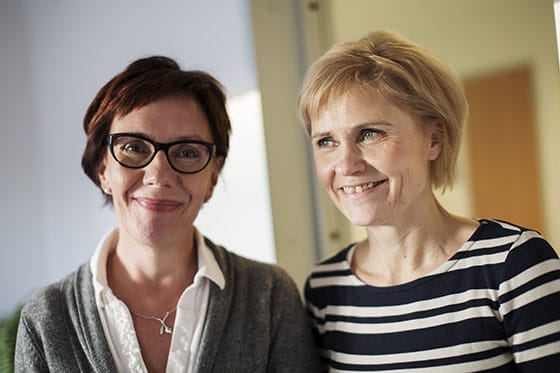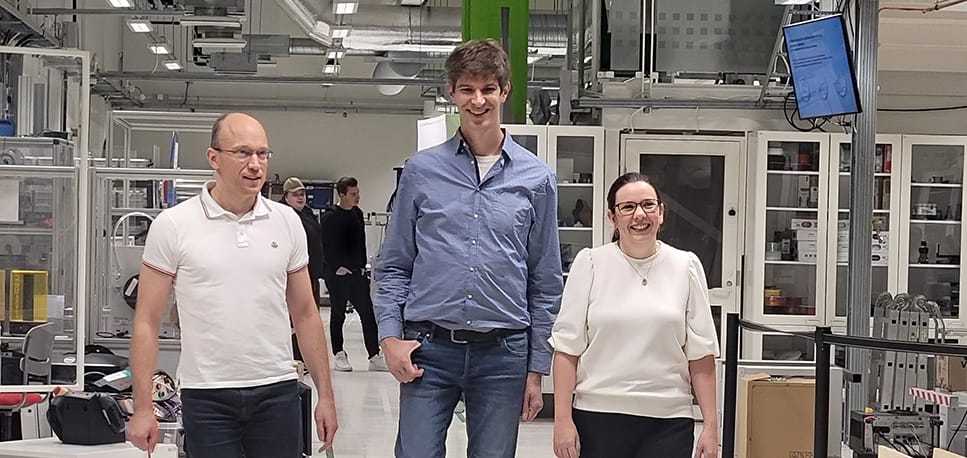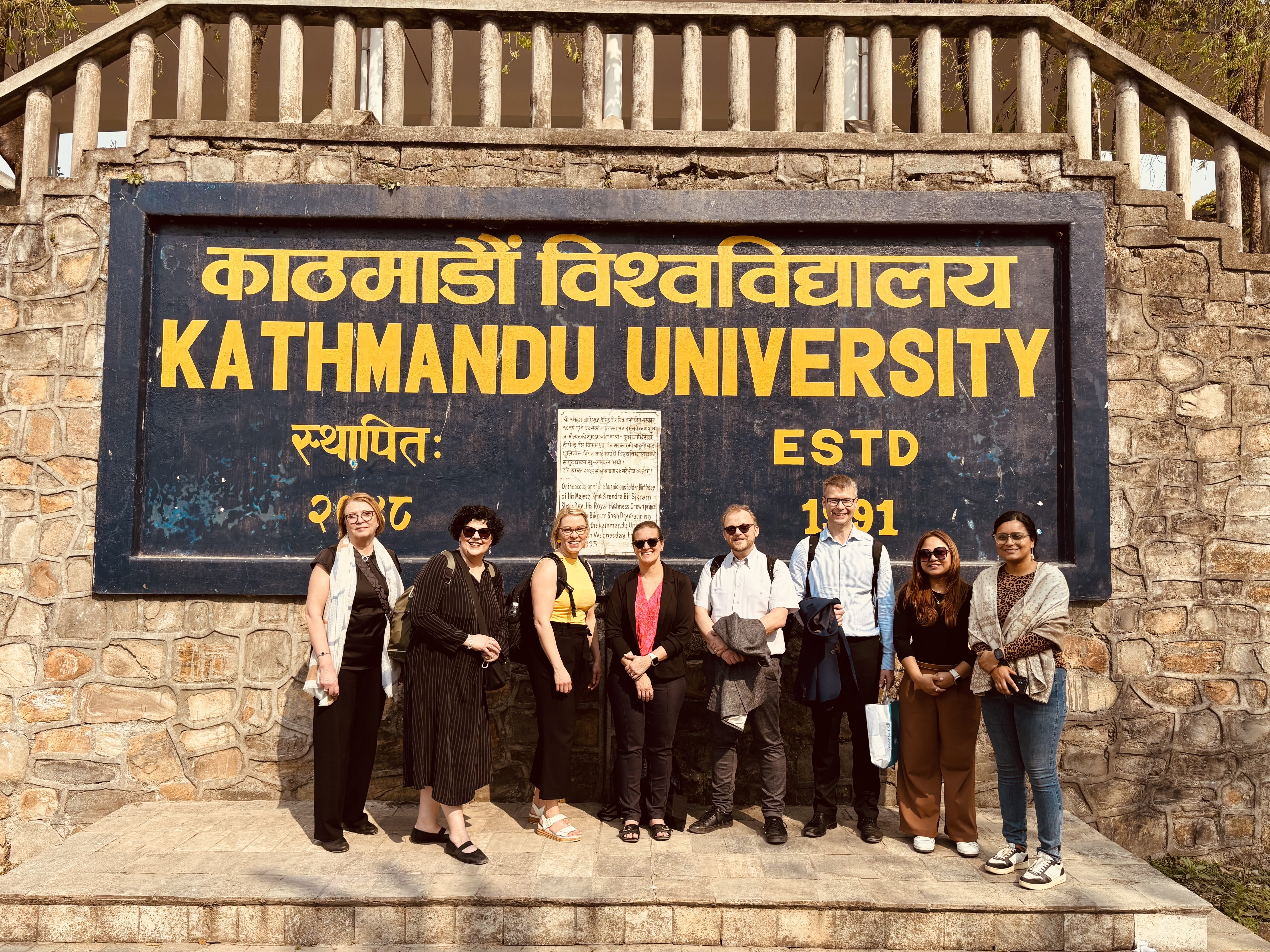COLUMN: Education and the quality of nursing have a significant connection
Progressive memory diseases are a significant challenge to public health and national economy. In Finland we have studied and developed the knowhow of memory diseases for a long time.

The preconditions for high quality care of people with memory disease do exist
The number of people with memory disease is on the increase globally as the population is ageing. In Finland we have studied and developed the knowhow of memory diseases for a long time. The preconditions for high quality care of people with memory disease do exist – one of the preconditions is a competent health care personnel with education in memory disease care. Even a minor change in clinical practice can significantly reduce the costs of the care and improve the quality of life for those suffering from the disease.
Every professional that works with people with memory disease must know the principles of holistic care. In addition, specific ethical questions are connected to care, e.g. right to self-determination and its limitation, where professional competence is playing a major role.
These matters provoke discussion also in China, where we educated 50 professionals in elderly care from a health care assistant to a highly educated expert last September. The participants were from Changzhou area hospitals, nursing homes and residential care homes in the public and private sectors.
The participants were interested in Finnish clinical practices. The different forms of memory diseases, clinical practice guidelines and principles of person-centred care based on the life story of the client were dealt with in the group. The Chinese were also interested in the prevention of memory diseases.
As teachers we felt that our gerontological expertise was appreciated. SAMK has long-standing evidence on the development and implementation of gerontological education; we have Bachelor´s and Master´s degree level education available. Education and the quality of nursing have a significant connection.

Authors
Päivi Kankaanranta is Senior Lecturer and Curriculum Coordinator for Elderly Care education and Sari Teeri is Principal Lecturer and Curriculum Coordinator for Master’s degree programme in Elderly Care.


